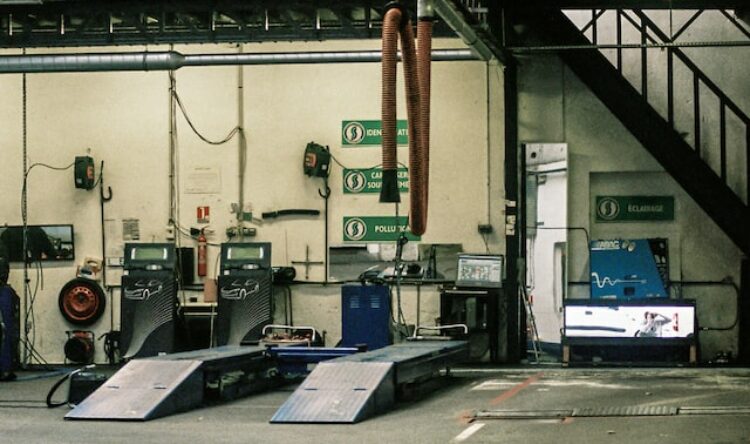EVs cheaper to service and maintain
Another cost saving from investing in new technology on the roads
As well as lower fuel costs and environmental pollution, Electric Vehicles (EVs) are also a lot cheaper to maintain.
New data from BookMyGarage.com suggests EVs, on average, cost £103 to service. This is significantly cheaper than average petrol or diesel models annual service costs.
Using in formation based on bookings made through the BookMyGarage.com last year, the cost variations are marked.
Diesel cars were the most expensive to service, costing £163 on average. Hybrid vehicles ranked second (£159), followed by petrol cars (£151). All are significantly more expensive than the average EV service.

Simpler and safer
When looking at the wider overall average maintenance bills (including MOT tests, servicing and repairs), EVs cost up to 43% less compared to other fuel types.
As Jessica Potts, head of marketing at BookMyGarage.com, explains, simpler drive systems are a crucial ingredient in the lower costs.
“The nature of EV powertrains not requiring engine oil changes, fuel filters, air filters or spark plugs means that servicing an electric vehicle requires less labour and fewer replacement parts and fluids, helping to lower costs for motorists.
“That said, servicing is still essential for EVs from a safety perspective,” adds Potts. “Much of the cost saving is from fewer replacement parts rather than a reduction in labour.”
This means that for garage service providers, servicing EVs is just as profitable as with alternatively fuelled vehicles. However, it is cleaner and environmentally more friendly in a host of ways.
Investing in the future
“As ICE vehicle drivers begin to move over to EVs in the coming years, and the infrastructure of the UK for electric vehicles on the road continues to improve, opportunities for EV-qualified garages will grow rapidly.
“Garages that are not qualified to service EVs will miss out on vital business and be faced with a shrinking market.”





